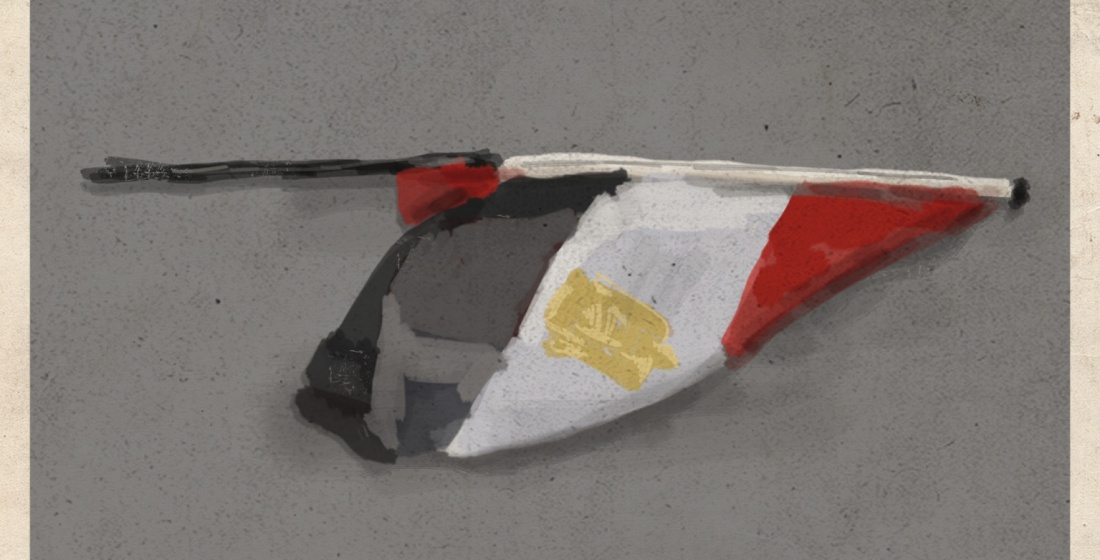
18 days
Sherif Arafa, Kamla Abu Zikry, Khaled Marei, Mohamed Ali, Ahmad Abdalla, Sherif Bendary, Marwan Hamed, Mariam Abou Ouf, Ahmad Alaa, Yousry Nasrallah, 120 min, Egypt.A group of ten directors, twenty or so actors, six writers, eight directors of photography, eight sound engineers, five set designers, three costume designers, seven editors, three post-production companies, and about ten technicians have agreed to act fast and shoot, with no budget and on a voluntary basis, ten short films about the January 25 revolution in Egypt. Ten stories they have experienced, heard or imagined.
"Retention" by Sherif Arafa, about Egyptians of different political stripes watching the revolution from inside a mental institution.
“God's Creation”by Kamla Abu Zikry, recounts the protests from the view of a working-class street vendor whose main concern is not about democracy, but whether colouring her hair blonde will get her in trouble with Allah.
“Revolution Cookies” by Khaled Marei, a frail and mild-mannered tailor shutters himself inside his tiny shop when the violence starts, believing that Israel has launched an attack on Cairo. Shivering in fear, he hides out in the store and recounts his ordeal on a tape recorder, fearing each new day of protests will be his last.
“When the Flood Hits You” by Mohamed Ali, rowdy young men try to make money by selling flags to the democratic protesters, and posters of Mubarak to the loyalists. They hardly care which side wins, as long as some money (preferably in Euros) can be made.
"The Window" by Ahmad Abdalla. A young man's transformation from aloof detachment to active interest in the revolution as he spies a pretty young neighbour risk her life at the protests.
"Curfew" by Sherif Bendary, tells the story of a grandfather and grandson who lose their way during the overnight clampdown.
"19 19" by Marwan Hamed, follows the brutal interrogation of a well-educated salesman who is accused of spearheading the protest movement. It features stellar performances by Amr Waked (a former stock trader who comfortably inhabits his role as an upper-class businessman) and Bassem Samra as his sadistic torturer.
“Tahrir 2/2” by Mariam Abou Ouf, gives a rare glimpse at the lives of hired thugs who rode into the protests on camels and attacked the peaceful protesters on February 2. A gentle man living in a slum with his wife and young children accepts a “job” to rough up some anti-Mubarak protesters. Although he accepts the task with a clear conscience, he undergoes a harrowing night of violence that scars him as much as it does his bloodied victims.
"Ashraf Seberto" by Ahmad Alaa, the story of a barber whose shop suddenly turns into a field hospital treating protesters.
"Interior/Exterior" by Yousry Nasrallah, the day following the infamous "Battle of the Camels" on Tahrir Square, Mona decides to join the demonstrators. Mustafa, her husband, tries to prevent her. Their marriage is about to break.